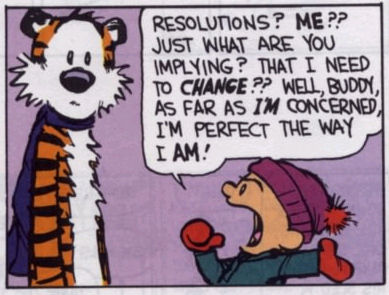
I am at the point in my writing career where it can be very difficult to feel successful. Even my wins are so pathetically small that it can feel embarrassing to think of them as successes.
There are so many ways to measure success in the publishing industry—number of published projects, audience and notoriety, copies of books sold, literary prizes and awards, number of new dollars in my bank account, etc. If all those metrics apply to you, awesome, you’re a champ!
If very few of those metrics apply to you, hello, you are my people.
The metrics that a writer uses to measure success in their writing career can also vary for time scales. My goals for right now are (hopefully) different from what they’ll be in twenty years. And slightly differently, my short-term goals are always pretty piddly, but I have bigger aspirations for the long-term (thus the twenty years comment). I can’t expect myself to have massive sales, a huge audience, etc, all at once, even after I’ve had more time to build my brand; rather, I use my short term goals and measurements to build up to those larger successes.
Everyone’s measurements for success are going to vary because everyone’s reasons for writing vary. Some write to put bread on the table, some to be famous, some because it’s cathartic, some to quiet the eldricht duckie god who commands them. Your reasons for writing are a mix of motives that are unique to you. It’s worth taking the time to assess your own motivations and to come up with your own metrics, especially if, like me, you’re struggling to feel successful.
So in that spirit, I use the following yardsticks for success at this moment in my career.
A successful day: I wrote today. Hooray!
A successful week: I wrote more days than I didn’t. I connected with other literary folk, whether in my online writing group, on Twitter, or in person. I made progress on my current writing projects. Hooray!
A successful month: I wrote more days than I didn’t. I connected with other literary folk, whether in my online writing group, on Twitter, or in person. I made progress on my current writing projects, and shared parts of my work that I needed help on with other writers. I met my monthly literary goals by reading at least two books and making at least one submission for publication. Hooray!
A successful year: I wrote more days than I didn’t. I connected with other literary folk, whether in my online writing group, on Twitter, or in person. I made progress on my current writing projects. I met my annual literary goals by reading at least twenty-four books, making at least twelve submissions for publication, and completing at least three novel-length drafts of writing projects. I shared edited drafts of this year’s projects with beta readers and thoroughly considered their feedback when planning future drafts or publication plans. Hooray!
And that is it! You’ll notice I didn’t include sales numbers, followers amassed, or agent requests. I definitely could include those things, and that’s awesome if you do, but I am at the point where using metrics that involve other people and their ability to make choices just plain depresses me. I feel happier (and am therefore a more productive writer) when I don’t make goals or use measurements that are outside of my control. I dearly hope to some day make enough progress in my career that I do consider those things, but just not yet. (This isn’t to say that I don’t sell writing or hear back from agents or win awards. I simply don’t use those things are measurements of my progress. They’re just a reeeally nice pat on the back that I soak up like a sad, shriveled little sponge baby.)
How about you fine readers? What are your metrics for success as a writer? How closely do those metrics correlate to where you are in your career, and do you have “aspiration goals” that you’d like to meet in the future? Let me know in the comments below!
And until next week, happy writing!




 This has been an off summer for me. Some of that was beyond my control, but enough of it is my own fault that I’ve become too disgusted with myself to continue like this.
This has been an off summer for me. Some of that was beyond my control, but enough of it is my own fault that I’ve become too disgusted with myself to continue like this.
 Howdy, folks! Hey, look, we all survived another year! Wowza!
Howdy, folks! Hey, look, we all survived another year! Wowza!